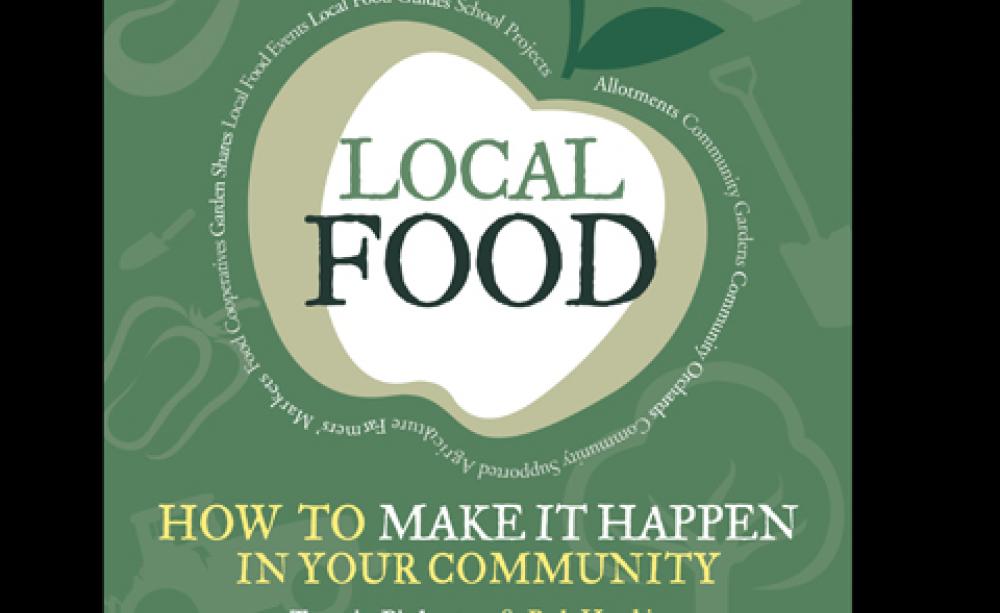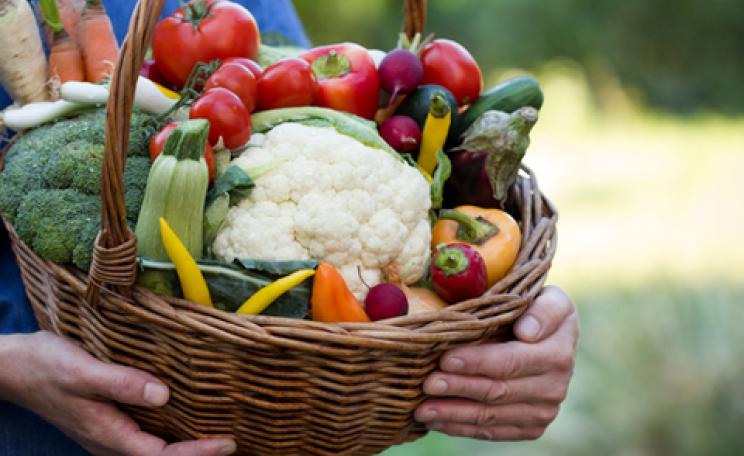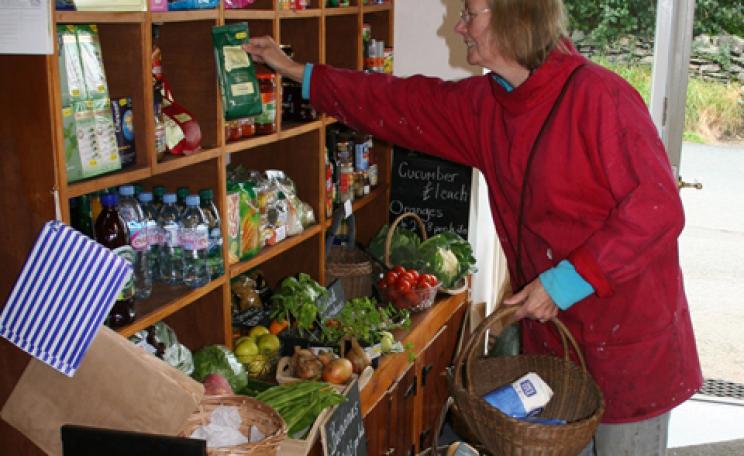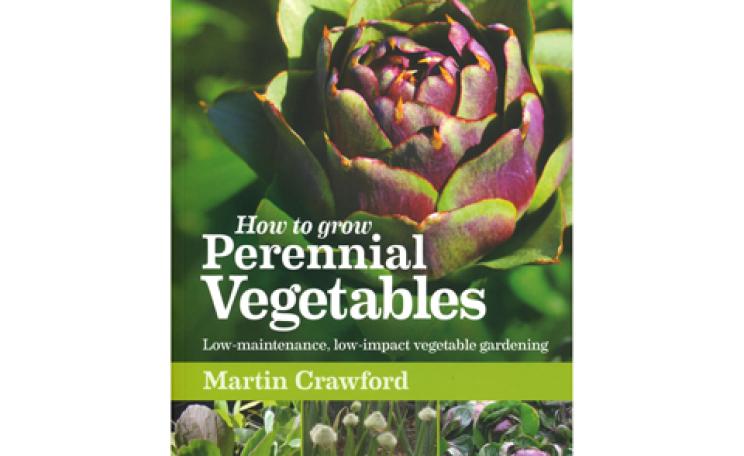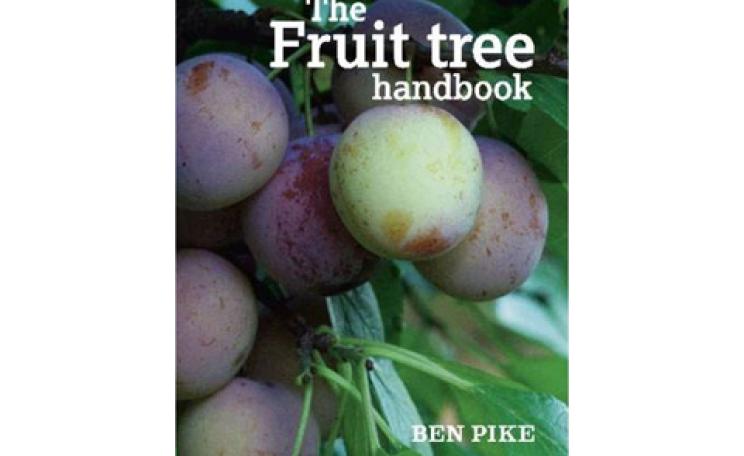With the current dire warnings of our continued unreadiness for reaching peak oil, how can we begin to rebuild local food networks that will allow us to reduce our dependence on the global food market? Tamzin Pinkerton and Rob Hopkins provide the Transition take on how grassroots action could save our bacon.
When I pick up a new non-fiction book I can tell fairly quickly how valuable it's likely to be to me by how many notes I find myself making when I give it a first skim through.
Thirty minutes into Local Food I had to abandon my usual back-of-an-envelope approach for a proper notepad and fluorescent page-markers for sections that would need special attention.
It's not necessarily that much of the material is new; it's simply that most of it has never been brought together before. And I have to say, there were a few Eureka moments for me, such as the notion of a 'virtual orchard'; real trees, you understand, but sold at cost for planting in back gardens all over Bristol.
In covering such a wide subject, by necessity Local Food paints with a wide brush. Tackling such diverse issues as reskilling, Community-Supported Agriculture, food co-operatives and community orchards, there really isn't space to deal with each in depth.
Instead, Pinkerton and Hopkins provide a comprehensive introduction to each topic followed by case studies drawn from some of the many Transition projects in the UK, and conclude with some valuable hints and tips compiled from Pinkerton's careful questioning of the book's many contributors.
It is in the meticulously-prepared resources and reference sections, however, that the book's true value lies. Anyone wanting to get a local food project off the ground will find that much of the basic research has been done for them, and some of the common pitfalls laid out to avoid.
As with all things Transition it is clear that many of the food projects featured in the book are highly dependent on human energy and enthusiasm, but that is the nature of preparing for the post-peak oil economy; when it comes, the change may be hard and fast.
Contrary to current Government rhetoric, the answers to true food security are likely to lean heavily towards the local, the organic, and the seasonal.
You don't have to buy into the Transition ethos to get a lot from this book; you simply have to care about food.
Local Food: How to Make it Happen in Your Community by Tamzin Pinkerton & Rob Hopkins (Green Books £12.95)
See also:
- 10 Steps to Creating a Local Food Group
- Peak oil before 2020 'a significant risk', say experts
- Scrumping for apples: putting windfalls to good use

